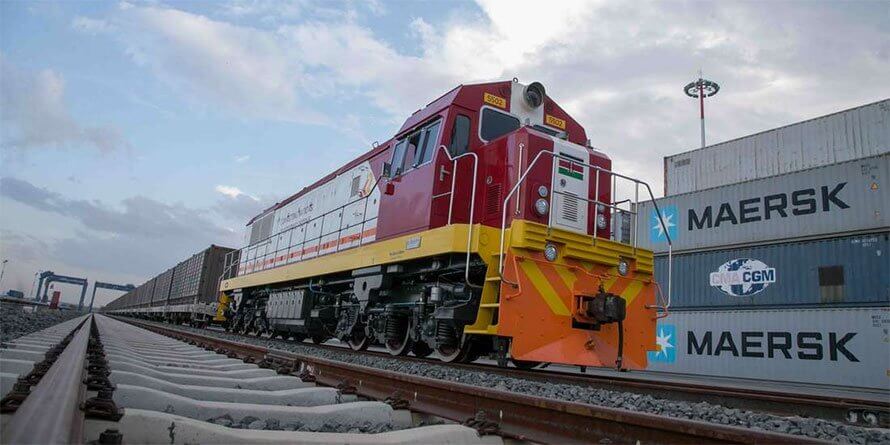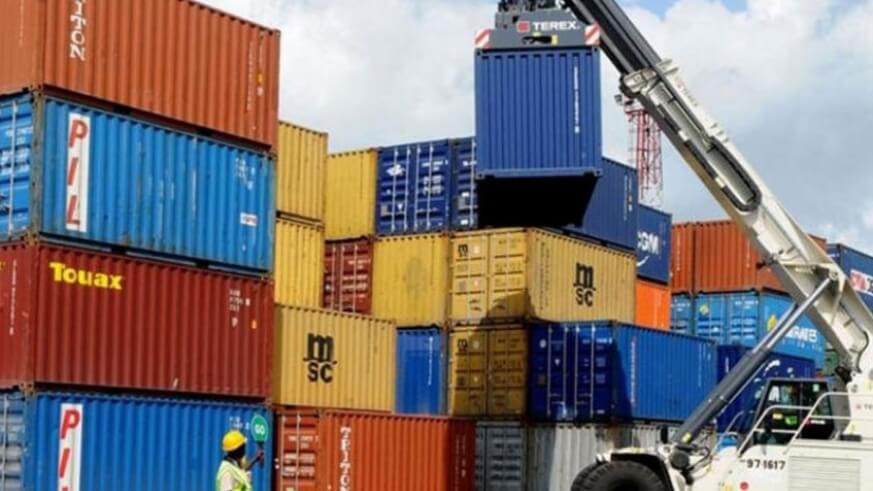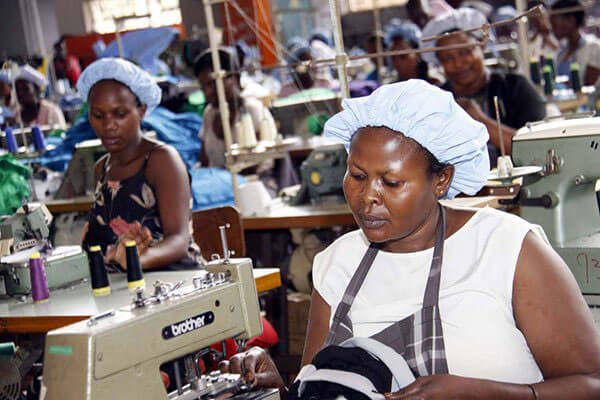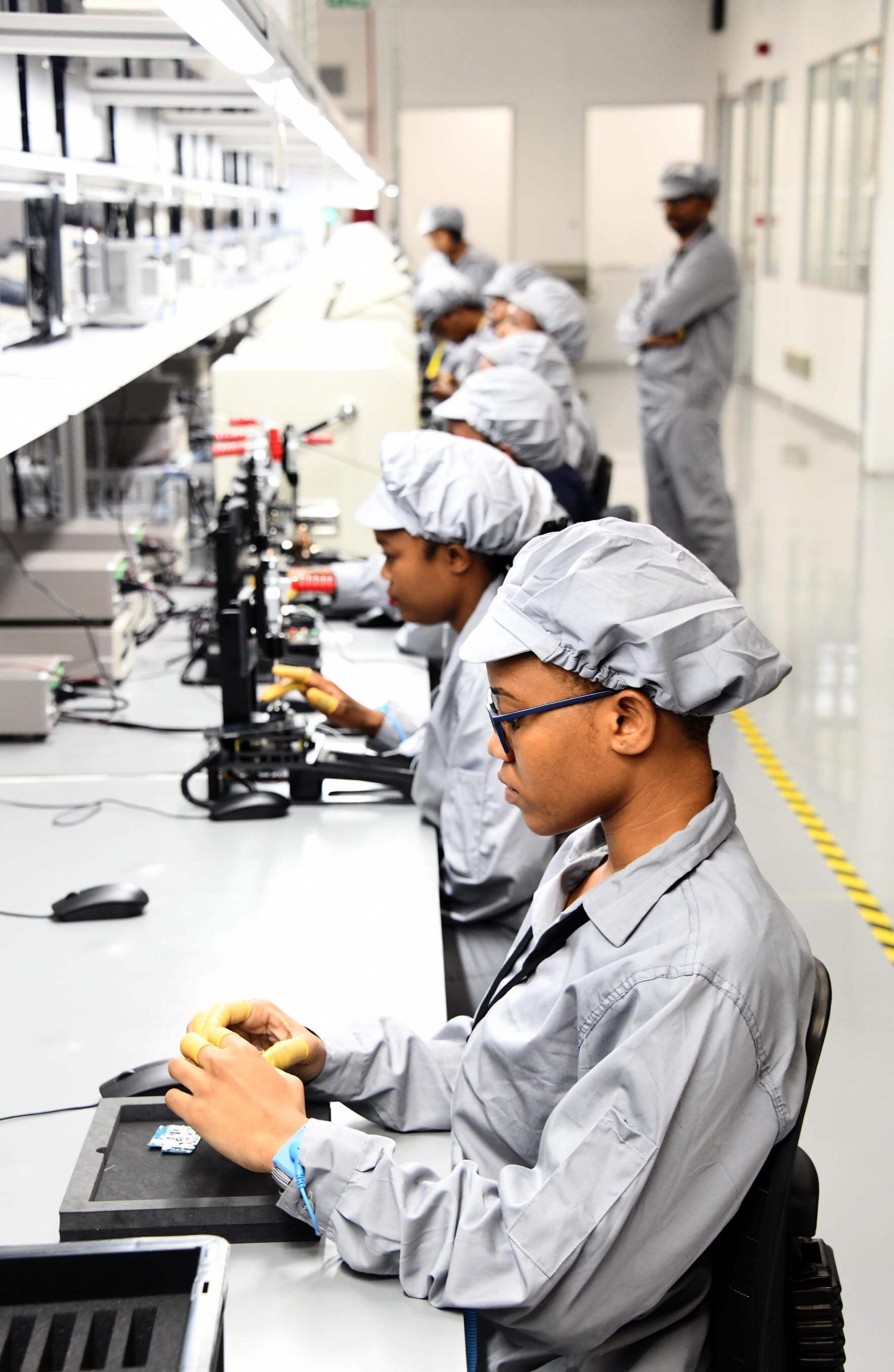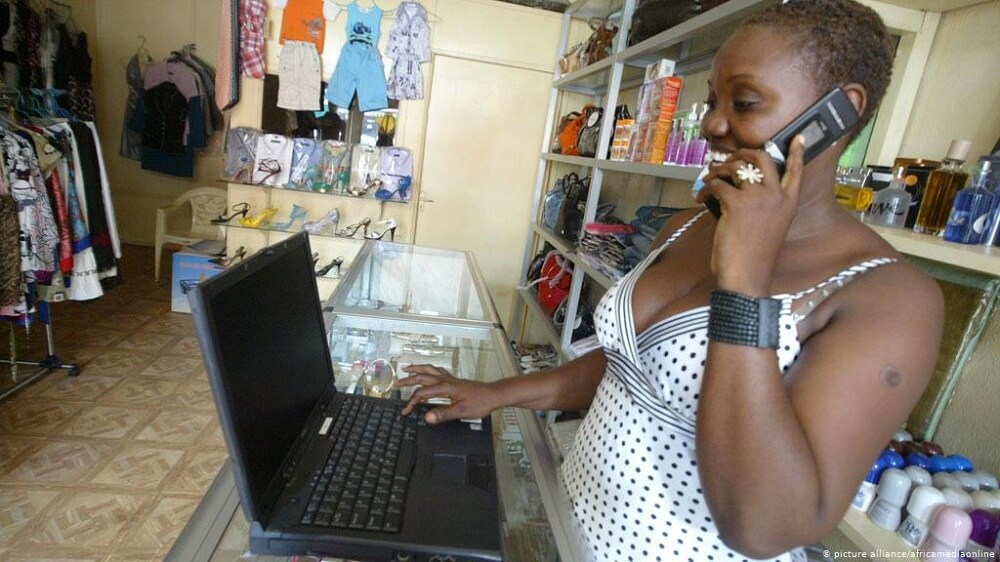Whenever the Kenya Revenue Authority (KRA) is mentioned, the first thought that comes to the mind of many people is purely revenue collection. Unknown to many, KRA has many other additional roles, which extend the tax agency’s mandate beyond revenue collection. These roles are spread out in the various departments, like the Customs and Border Control Department. The role of the Customs and Border Control Department also includes facilitation of secure legitimate trade, protection of our borders and promotion of national safety. This is achieved by ensuring that the export, import, transit and transhipment cargo cleared through our airports, ports and borders are not harmful to our residents and the environment. Kenya Customs has the responsibility to ensure seamless and expedited cross-border movement of cargo, services and passengers. Whereas port, border and airport cargo clearance is very clear, little is known about the Inland Container Depots (ICDs). Is the ICD in competition with the port? Is it a non-tariff barrier to international trade? The Inland Container Depot – Nairobi (ICDN) was rejuvenated in April 2018 following the construction of the Standard Gauge Railway (SGR), providing a seamless link to the Kilindini Port in Mombasa. There is another ICD in Kisumu, and an upcoming one in Naivasha. ICD Nairobi is a fully-fledged one-stop trade facilitation and logistics centre that brings together the operations of the Kenya Railways Corporation (KRC), Kenya Ports Authority (KPA), Kenya Revenue Authority (KRA) and the Kenya Bureau of Standards (Kebs). All these are lead government agencies for...
Nairobi is key trade facilitation node for Northern Corridor
Posted on: December 2, 2019
Posted on: December 2, 2019

